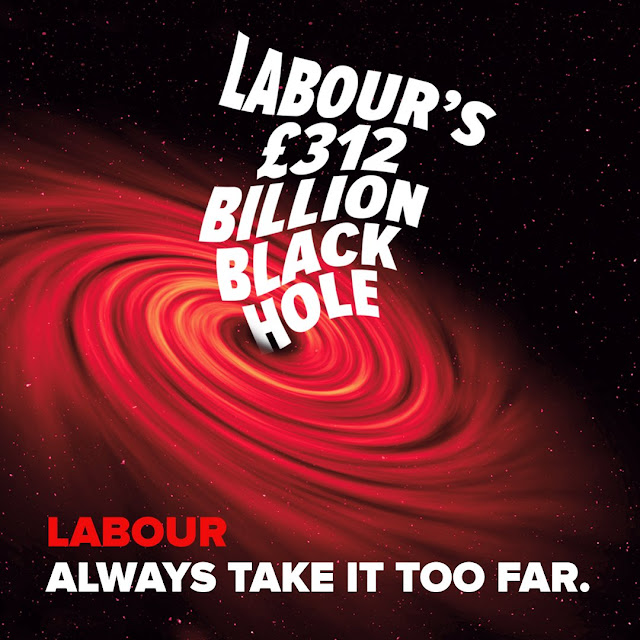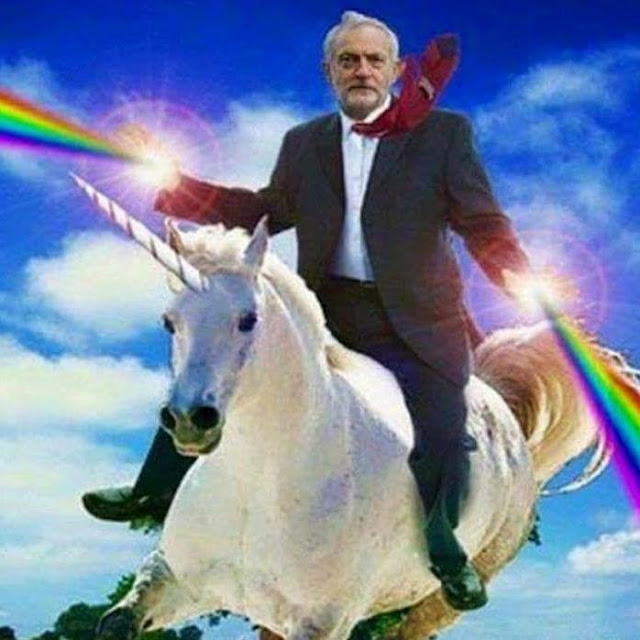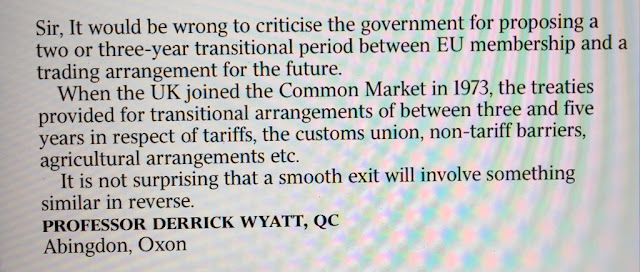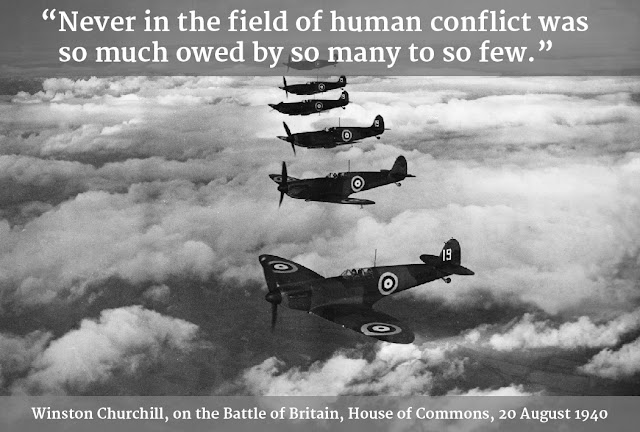Saturday music spot: Albinoni/Giazotto Adagio in G Minor
Tomaso Albinoni is most unusual among great composers in having been a man of independent means rather than a client of a royal or noble court or an employee of a church - he was the son of wealthy Venetian paper merchant. In his own lifetime he was mostly known as a composer of operas and his music was admired by and influenced composers such as Bach and was favourably compared to that of Telemann and Vivaldi Unfortunately most of the 50 operas he wrote, which were greatly praised in his own century, have not survived and he is mostly known today for his instrumental and orchestral works. Most ironically, although there is little doubt that he genuinely deserves to be remembered as a great composer there is considerable doubt how much of the most famous piece associated with his name, the work usually referred to as the "Albinoni Adagio," was actually composed by him. The circumstances around it's publication have been called the biggest fraud in music history .





















